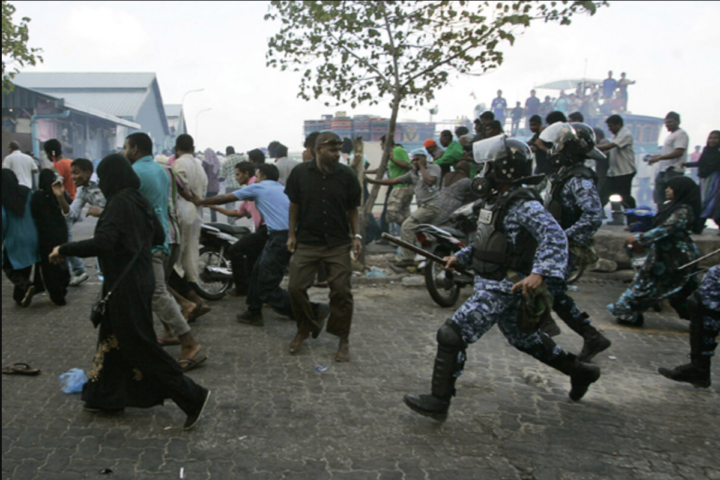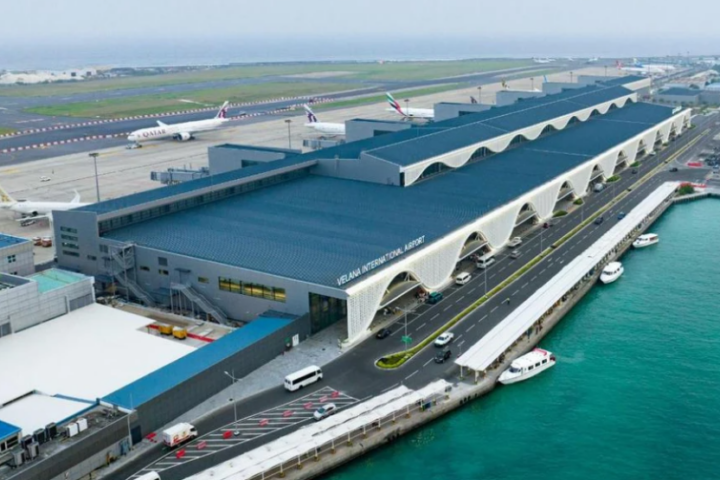In the ever-evolving landscape of Maldives politics, Ahmed Rishwan’s recent party-switching maneuver has added another layer of intrigue to the political narrative. Elected on the Maldivian Democratic Party (MDP) ticket for the vacant Medhuhenveir constituency in the Male’ City Council, Rishwan surprised observers by officially joining the ruling Progressive National Congress (PNC), just hours before the scheduled swearing-in ceremony.
Rishwan’s decision to switch allegiance by signing up for the PNC echoes a longstanding trend in Maldivian politics. Since the inception of the first democratic government under the MDP in 2007, floor-crossing and political poaching have become entrenched norms. Each opposition party, at some point, has grappled with the alluring tactics employed by the sitting government to entice members from opposing factions.
Even in recent times, Members of Parliament from the majority party, MDP, have crossed the floor to join the ruling PNC. Strikingly, the prospect of enacting legislation to prevent floor-crossing remains unpalatable to political parties, leaving the practice a persistent feature of Maldivian political dynamics.
The situation takes a more audacious turn with Rishwan’s defection. Elected from MDP, voted by MDP, and yet having the audacity to cross party lines and join the ruling PNC even before taking the oath of office, Rishwan’s move underscores the brazen nature of political realignments in the Maldives.
Ahmed Rishwan’s switch of allegiance reflects the ongoing shifts in political loyalties that shape governance in the Maldives.. In the absence of stringent measures against floor-crossing, the intricate dance of political realignments remains an integral aspect of Maldivian democracy.












